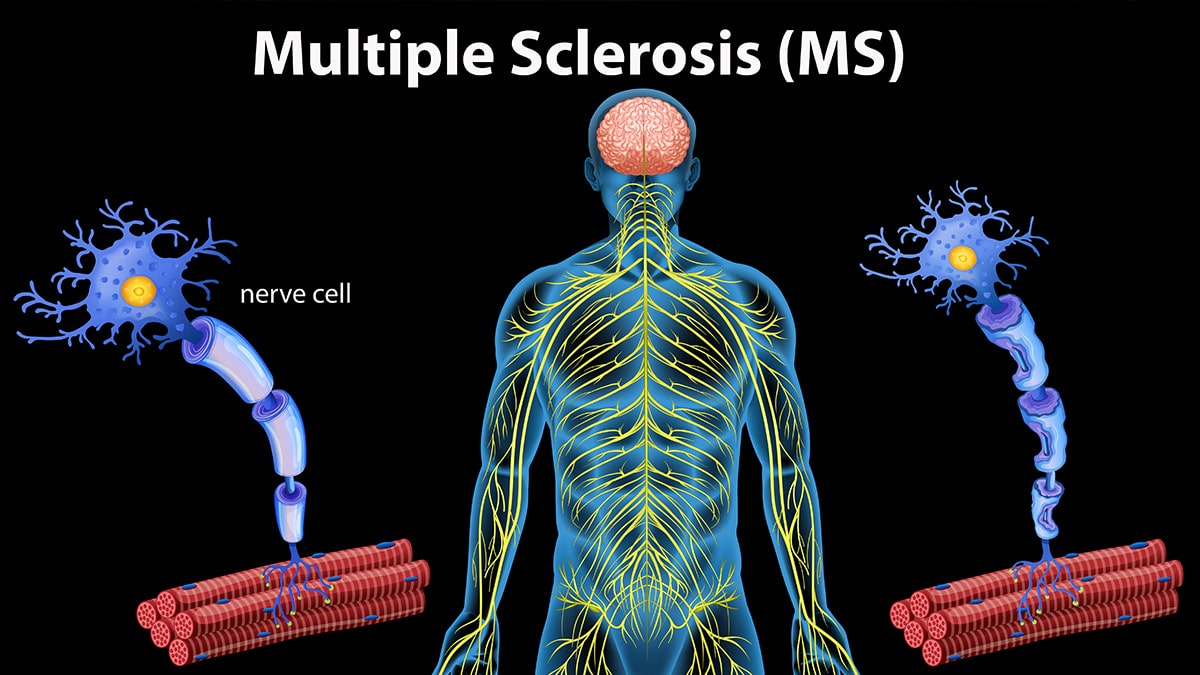Introduction
Multiple Sclerosis (MS) is a chronic autoimmune disease that affects the central nervous system. It is characterized by the immune system attacking the protective covering of nerve fibers, resulting in communication problems between the brain and the rest of the body.
Benefits of Multiple Sclerosis
While living with MS can be challenging, there are several benefits to staying informed and proactive about managing the disease. Understanding your condition can help you make informed decisions about your health and treatment options. By taking control of your MS, you can improve your quality of life and overall well-being.
Detailed Explanation of Multiple Sclerosis
MS is a complex condition that can manifest in a variety of ways. The most common symptoms include fatigue, numbness or weakness in one or more limbs, and difficulty with coordination and balance. Other symptoms may include vision problems, pain, and cognitive changes.
Diagnosing MS can be challenging as symptoms vary widely among individuals. A combination of medical history, neurological exams, and imaging tests such as MRI are typically used to confirm a diagnosis.
Frequently Asked Questions About Multiple Sclerosis
1. What are the early signs of Multiple Sclerosis?
Early signs of MS may include fatigue, vision problems, numbness or weakness in one or more limbs, and difficulties with coordination.
2. Is multiple sclerosis a fatal disease?
While MS is not considered a fatal disease, it can significantly impact a person’s quality of life. With proper management and treatment, many individuals with MS lead fulfilling lives.
3. How is Multiple Sclerosis treated?
Treatment for MS typically involves disease-modifying therapies to manage symptoms and slow disease progression. Physical therapy, occupational therapy, and lifestyle modifications can also help improve quality of life.
4. Can diet and exercise help manage Multiple Sclerosis symptoms?
While there is no specific diet that has been proven to cure MS, a healthy diet rich in fruits, vegetables, and whole grains can support overall health. Regular exercise can also help improve mobility, strength, and mood in individuals with MS.
5. What resources are available for individuals with multiple sclerosis?
There are many resources available for individuals living with MS, including support groups, online forums, and educational materials. The National Multiple Sclerosis Society and the MS Society of Canada are valuable sources of information and support.
Conclusion
Living with Multiple Sclerosis can present challenges, but with the right knowledge and support, individuals can effectively manage their symptoms and lead fulfilling lives. By staying informed, seeking appropriate medical care, and making healthy lifestyle choices, individuals with MS can improve their quality of life and overall well-being.

